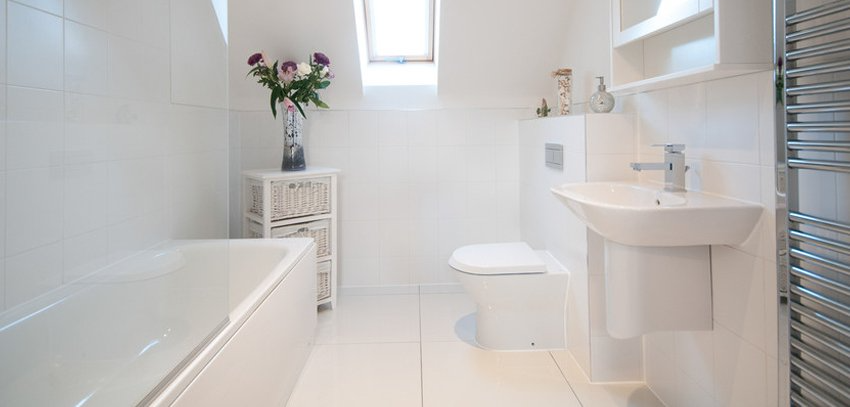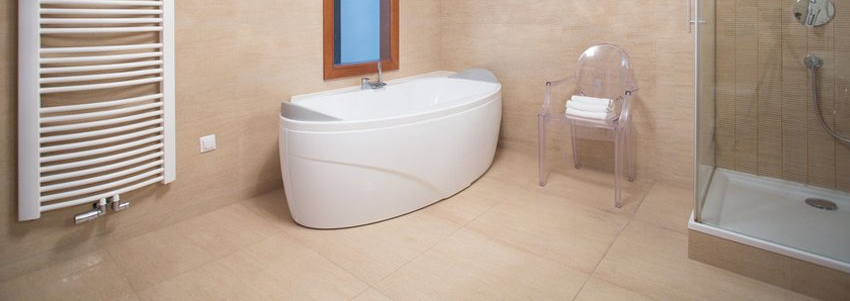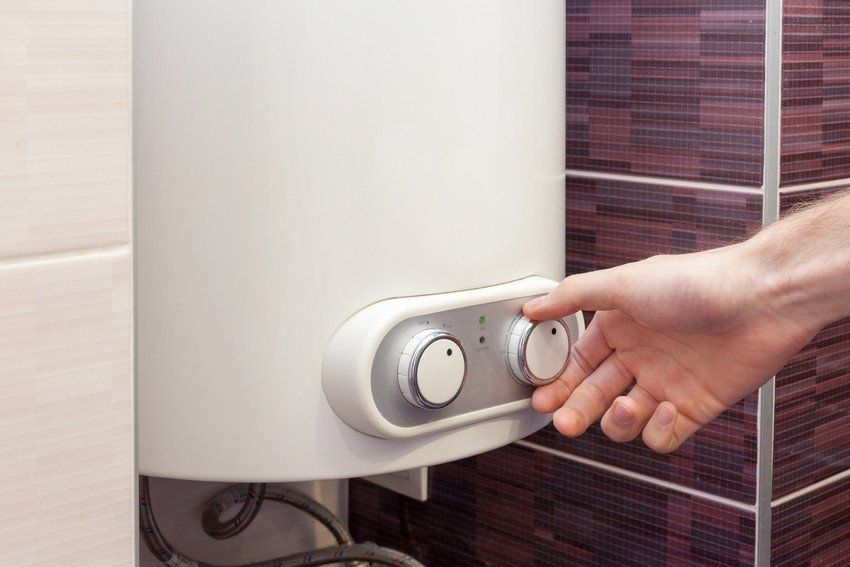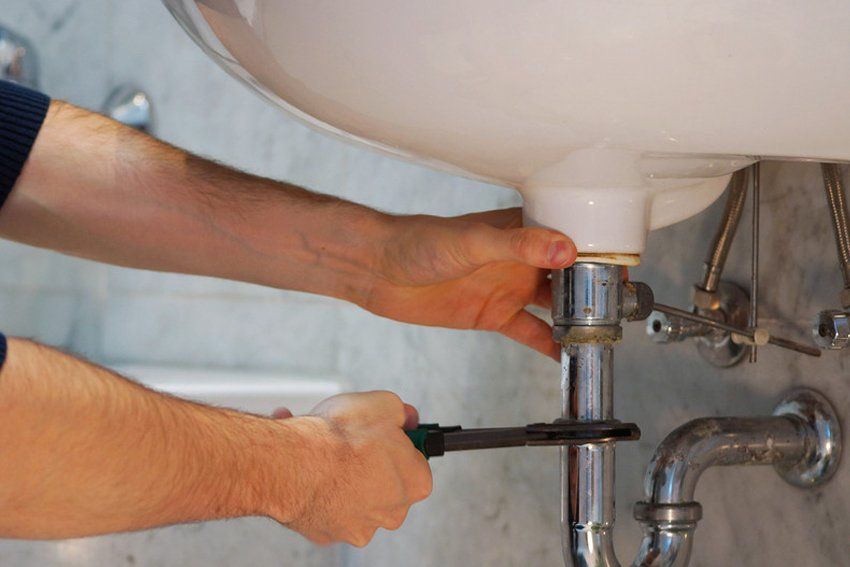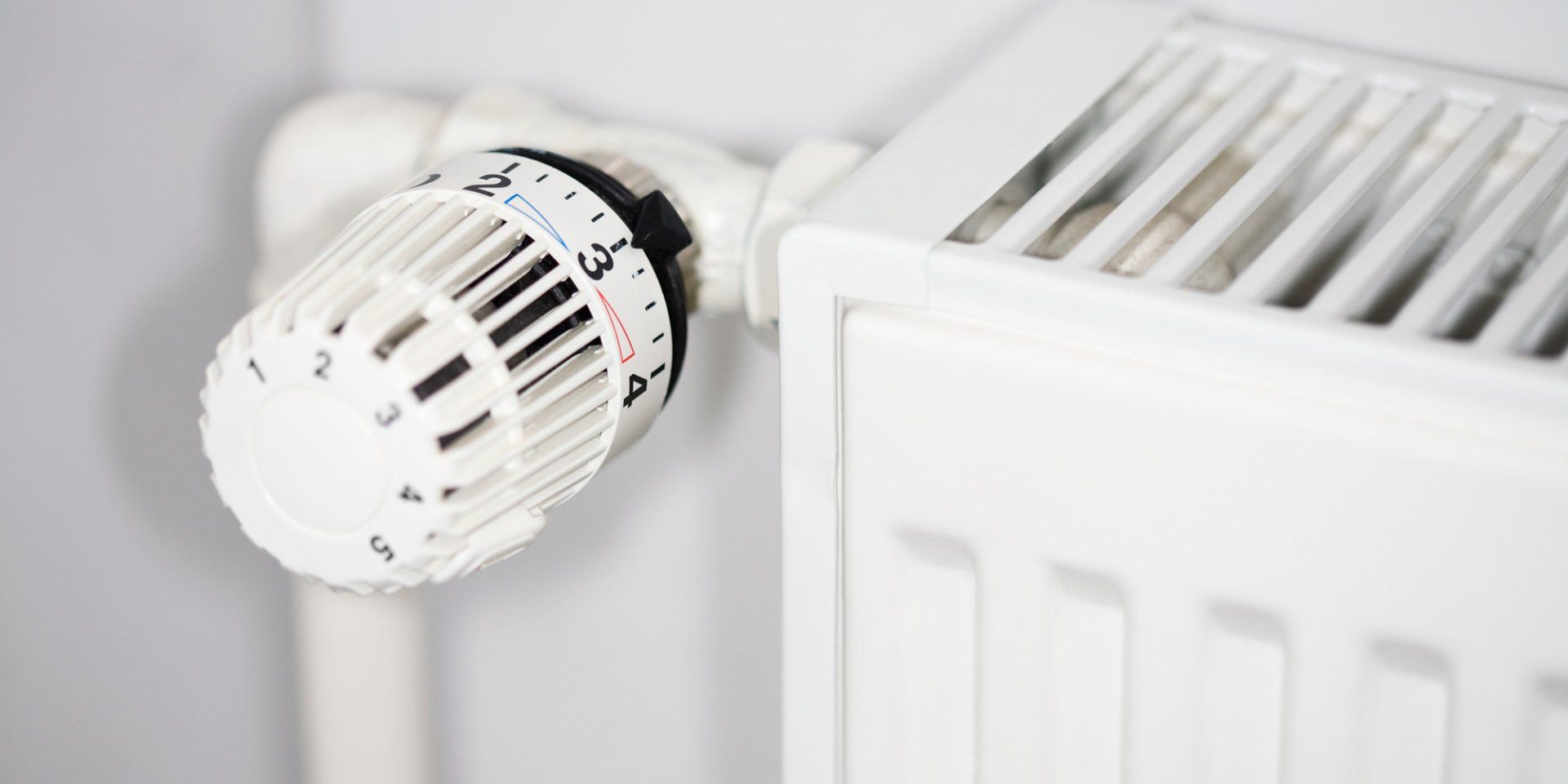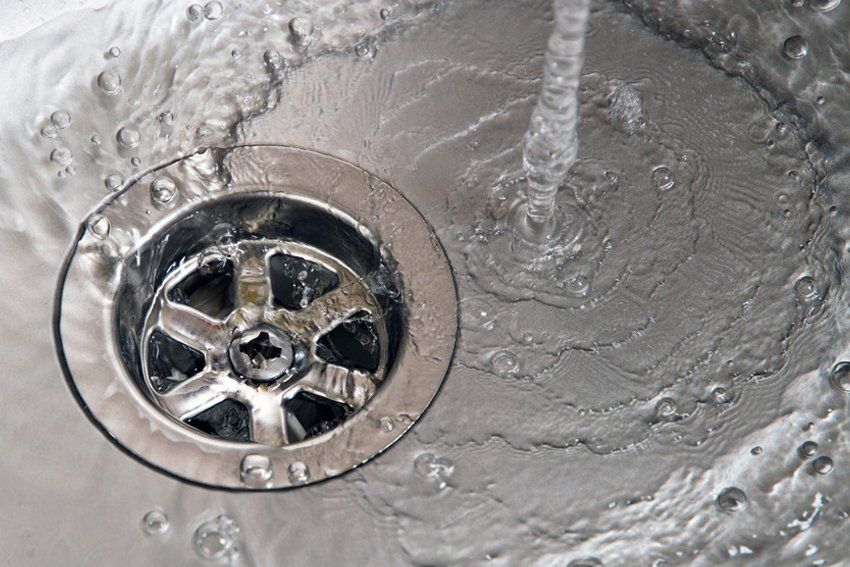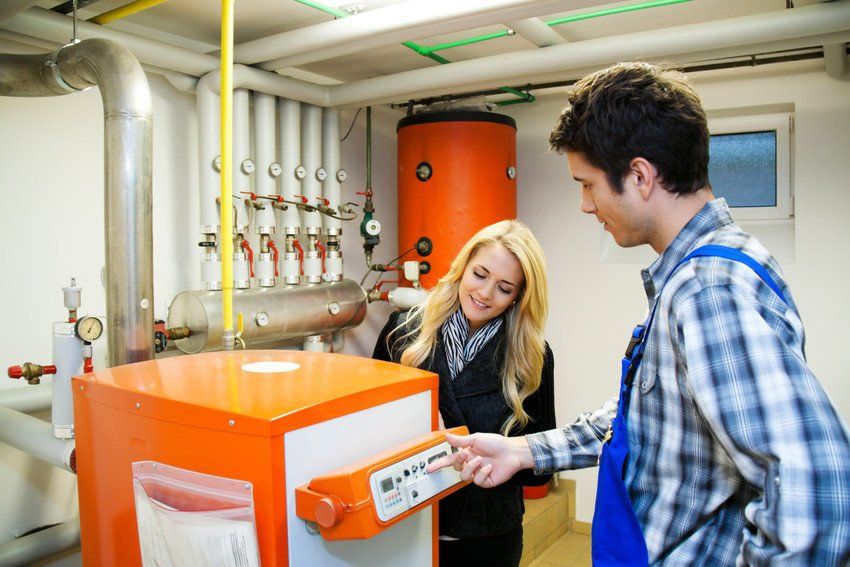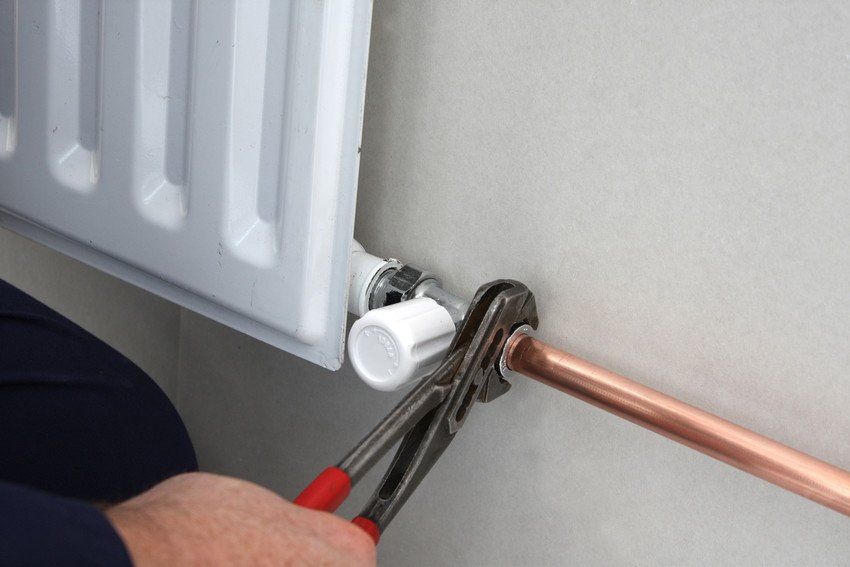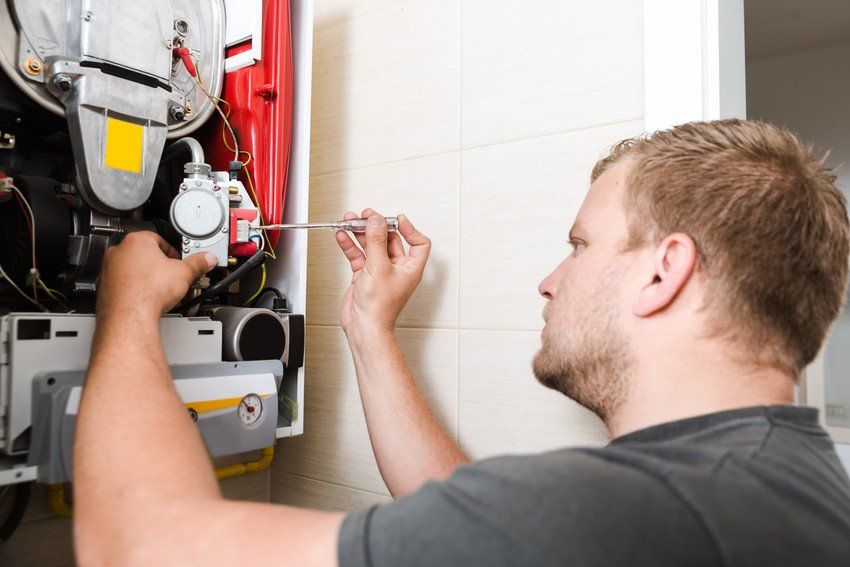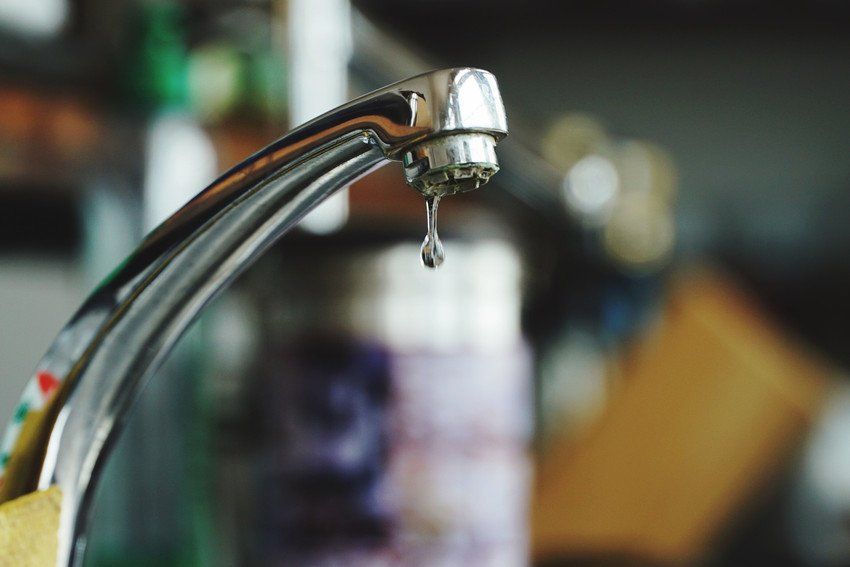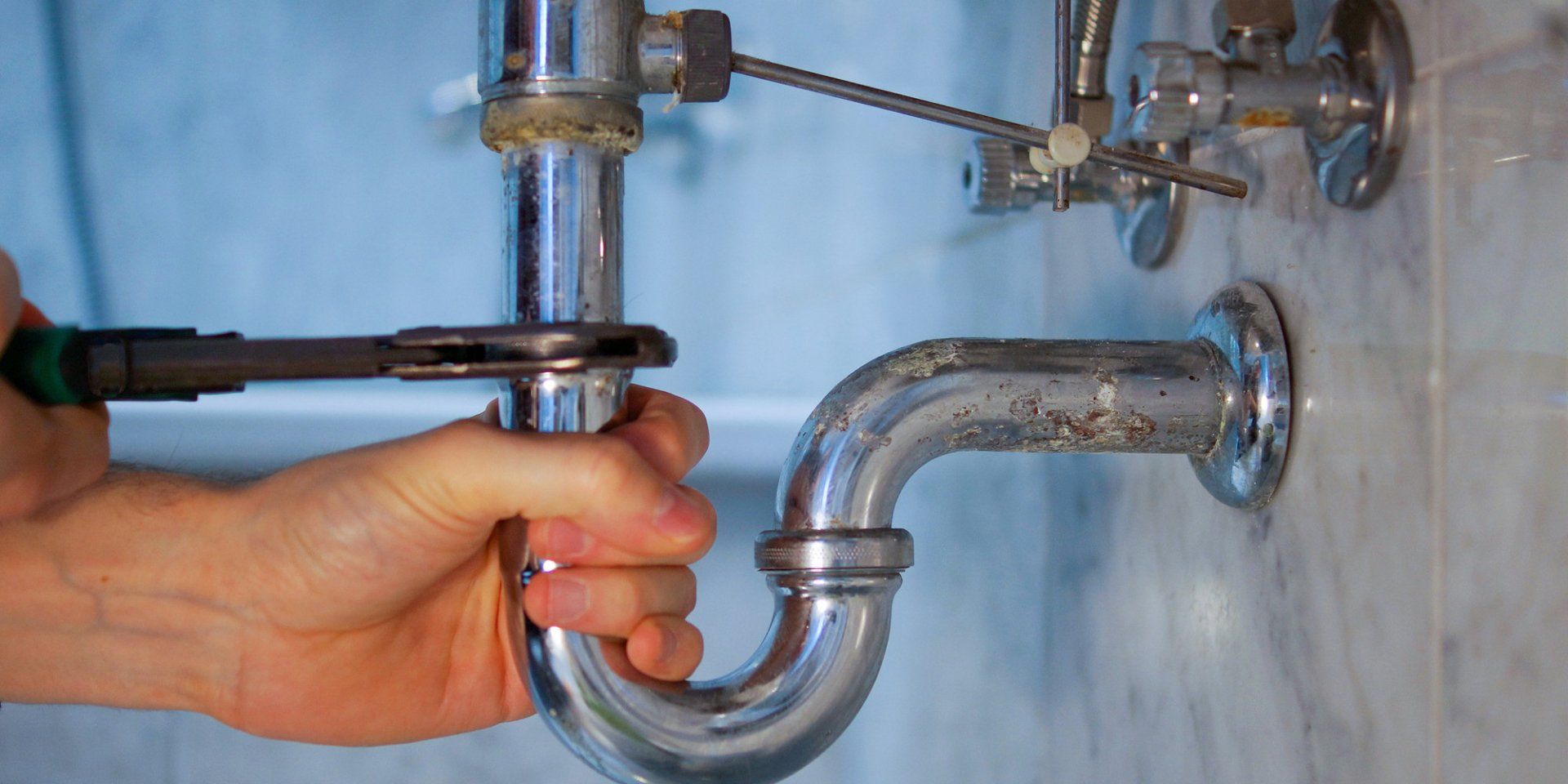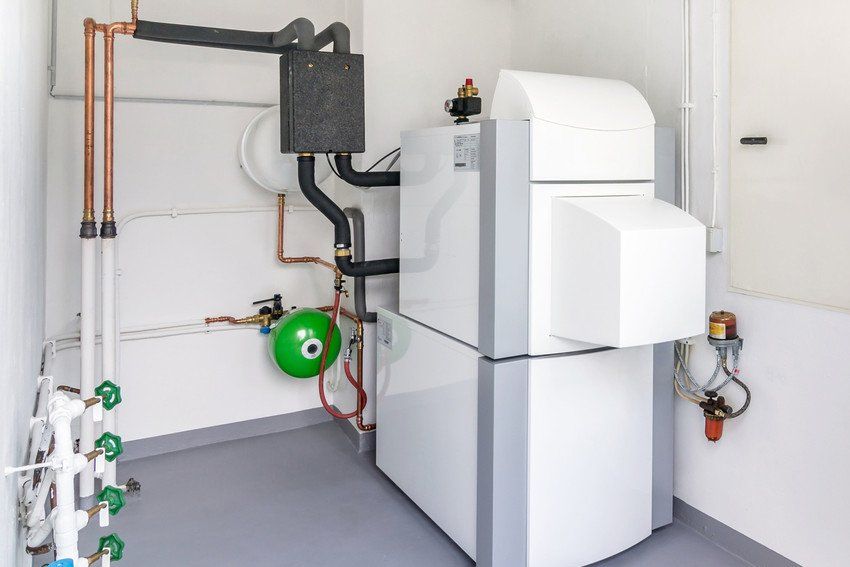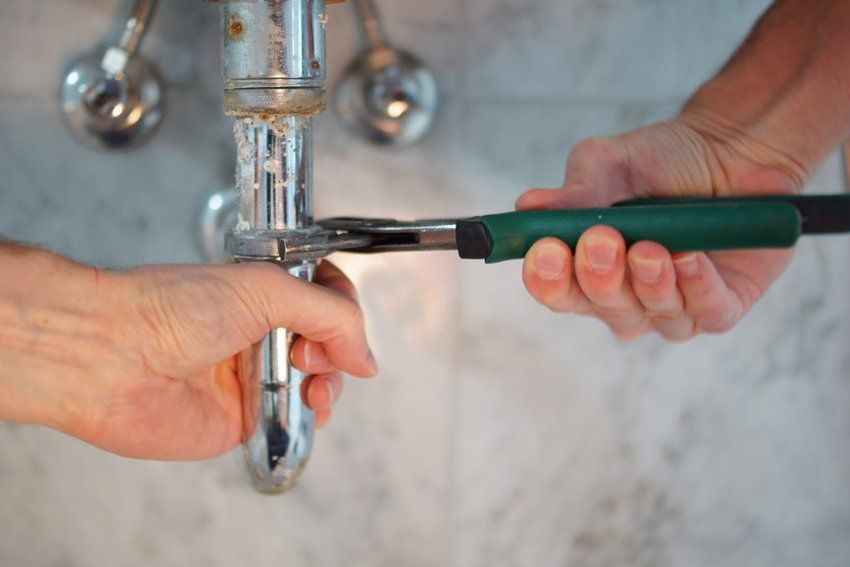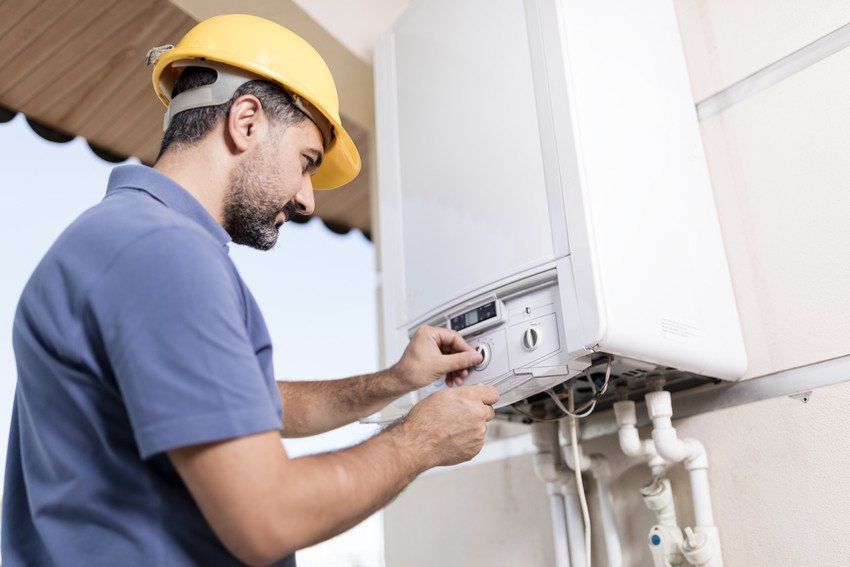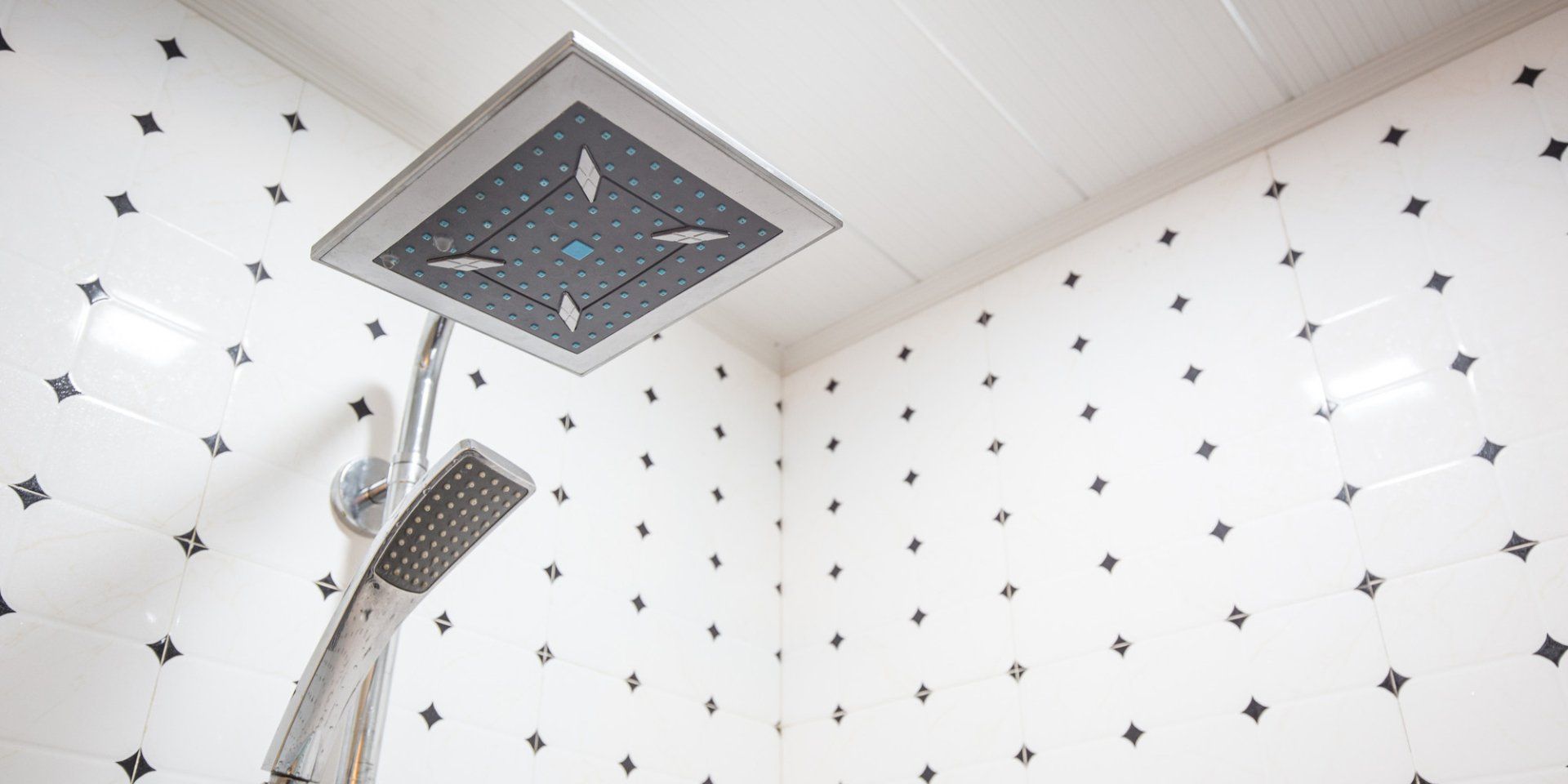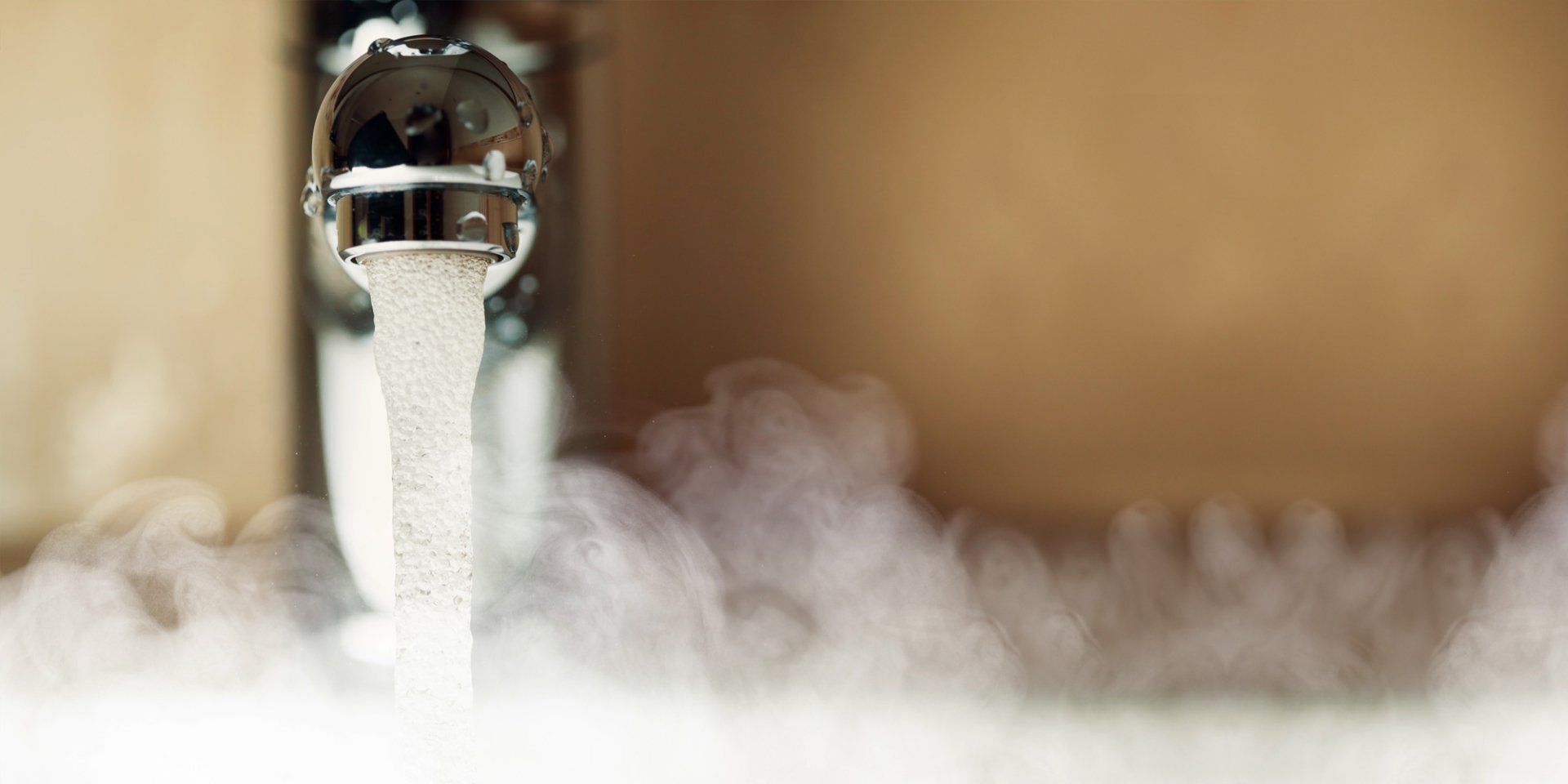QUESTIONS AND ANSWERS
Plumber Near Me?
Looking for a local plumber or emergency plumbing service? We’re available 24/7.
Aberdeen Emergency Plumbers is your trusted local plumbing service company.
We Can Help With:
Plumbing and heating services, plumbing maintenance, boiler maintenance, central heating installations, bathroom installations and renovations, boiler installations, servicing, cleaning and repairs, leaking showers or toilets, leak detection, shower pumps, washing machine installation, electrical water heaters, tankless water heaters, water heating solutions, and drain unblocking.
Q&A
-
What should I do if water leaks?
To help minimise water damage to your property, it is advised to turn off your mains water supply at the stopcock. This is usually located under the kitchen sink.
-
How quickly can you get here?
In an emergency we aim to be with you within the hour subject to availability.
-
Do you charge call out fee?
No, we do not charge
-
Do we like pinacoladas?
Yes, we do.
Top 7 tips for safe drinking.
If you drink, drink responsibly.
1. Understand both how much alcohol you are having and how much you should have#
2. Eat before (and during) drinking sessions
Remember don't drink and drive.
3. Count your drinks.
4. Slow your intake with alcohol-free drinks.
5. Skip the drinking games and shots.
6. Don't drink and drive.
Instead of drinking and driving:
- Plan how you're going to get home before you go out.
- Decide with your friends who will be the 'designated driver'.
- Make sure you reserve enough money for a taxi home.
- Use public transport.
7. 'Just say no' if you're... very young, pregnant, planning a pregnancy, breastfeeding, on meds or feeling depressed.
-
How Warm Should Your House Be?
Because comfort is highly personal, there is no single best setting for your central hearting, but the general rule is to set your thermostat as high as you are still comfortable. For most people, this is between 18 and 22 degrees .
Your thermostat tells the boiler to keep heating until the house is a specific temperature. It maintains a set temperature, nothing more.
Manipulating your thermostat throughout the day can also help you save money on energy. If the house is going to be empty for a long stretch during the day, set it a few degrees higher before you leave and turn it back down when you get home.
The UK government used to recommend a temperature of 21 degrees for living rooms and 18 degrees for bedrooms, but now they just recommend 18 degrees for the whole home.
Increasing your room temperature by just a few degrees will increase your energy bills substantially, so it's best to avoid turning up your thermostat too much. Each degree can actually cost you an extra 10% on your heating bill a year.
-
Tips to Save on Heating Bills
- One of the cheapest and best ways to save energy and money is by Stopping draughts and keeping windows closed.
- Keep radiators bled, free of obstruction and clean (free of dust).
- Check with your plumber you have got the right radiator size; check out your BTU requirement.
- Avoid laminate floor, instead used carpets. Carpets are 60% more insulative than wood/fiberglass with insulative properties.
- Consider underfloor heating and upgrade your thermostat.
-
Radiator Noises?
Gurgling or Water Running Noises - Bleed your radiators and always remember to repressurise your heating system after you finished removing the air.
Clicking Noises - It is most likely to be caused by expansion of the radiator material as the radiator heats up.
Banging Noises - unusual but can be caused by hard water (limescale in the central heating system).
-
Top Causes of Plumbing Problems
Can you ditch the bad habits that cause plumbing problems?
Have you had a leak beneath your sink that soaked your cabinet before you found it?
Wash your hands of these top causes of plumbing problems to enjoy lower utility costs and less frequent plumbing repairs.
Don’t Delay Plumbing Repairs
If you have a small leak in your bathroom sink, you can deal with the drip and you don’t see a need to call a plumber for something so seemingly minor. But while that dripping may not seem significant now, delaying the plumbing repair can only allow that leak to worsen. As a result, it can cause further damage to your pipes, surrounding cabinetry and wood fixtures.
That leak may be a minor annoyance for you, but you will quickly start seeing:
Your water bills rise.
Reduced indoor air quality because of biological growth; water can lead to mold or mildew. Contaminated indoor air is one of the top five environmental health risks. These contaminants cause runny eyes, headaches, fatigue and dry skin and can create unsafe situations for allergy and asthma sufferers.
Damage to your home’s structure.
Eventually, you’ll need to get that leak fixed. The longer you put off plumbing repair, the more costly the inevitable repair.
Don’t Throw Food Waste in the Drain
It may be tempting to rinse all of your leftover food down the drain, but food waste often causes problems in your plumbing system as they may collect and clog. Certain foods, like coffee grounds, tea leaves and fibrous foods don’t break down well, as a result, they can cause further damage. Dumping grease and oil into the sink can also cause blockages.
Don’t Wash Hair Down the Drain
Little of the hair you shave over the sink or the locks that wash down the shower drain, these fibres easily cling together, grease, soap and various substances. These materials can cause a significant drain blockage. Use mesh guards in your drains to catch hair before it can go down.
Don’t Allow Dirt to Clog Your Pipes
Washing too much mud and dirt down your drain too often can cause build-ups and clogs. Try to shake off or use a hose to rinse off as much of the dirt as possible outside, then finish the cleaning over your sink.
Avoid Soap Bars With Fat
Many soaps will go smoothly down your drain with little consequences, but some of the main ingredients in most traditional soap bars are grease and fat. When that soap goes down your drain, the fats mix with other minerals in the water. As a result, they leave soap scum in your pipes. That scum can build up and cause clogs. Try using a different soap to reduce the build-up of this residue.
Don’t Toss Objects in the Toilet
Even small objects can damage and clog your pipes; this means that you should never throw cotton swabs, feminine hygiene products, and other small toiletries into the toilet. Only toilet paper and waste belong in those pipes.





